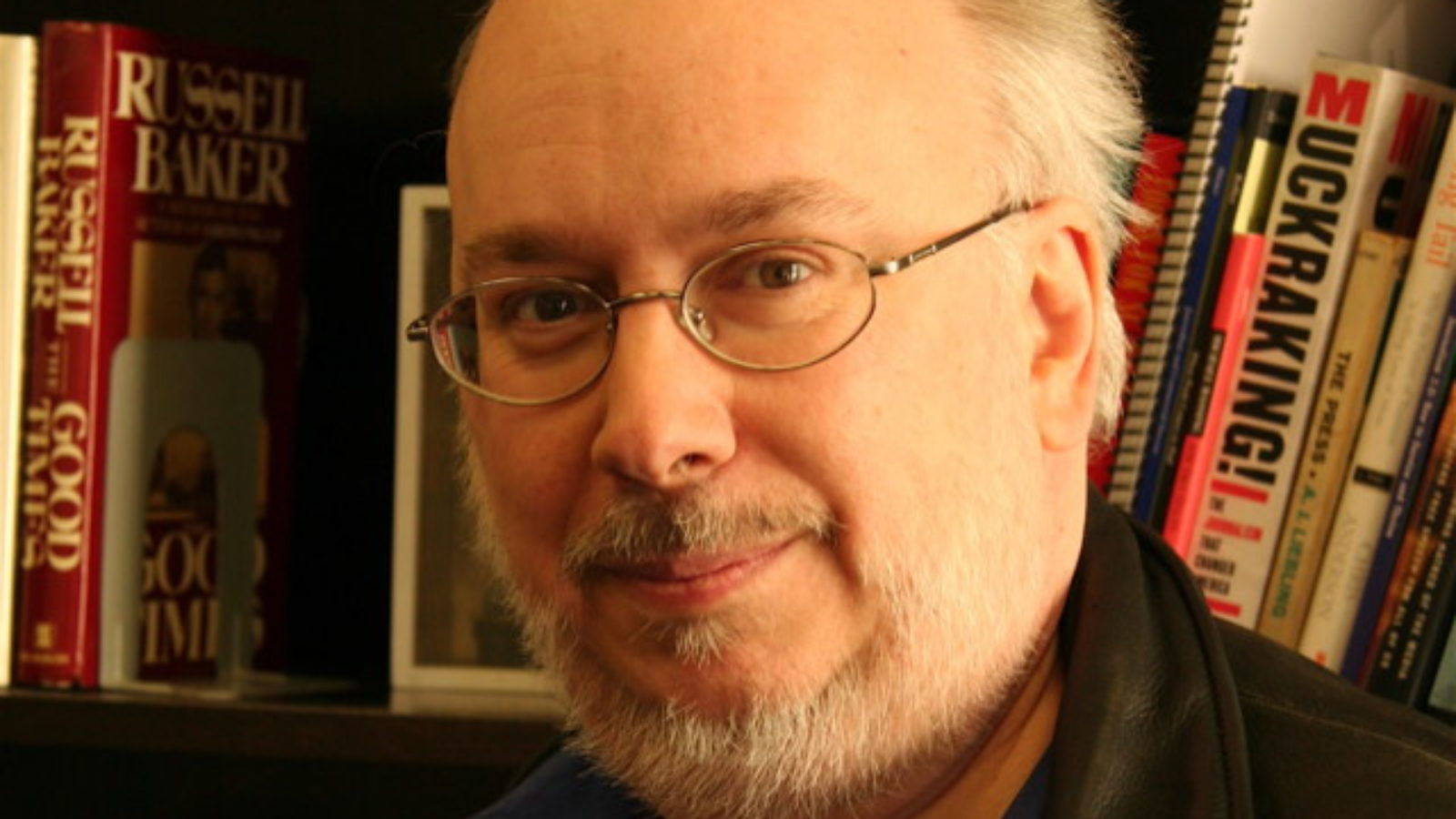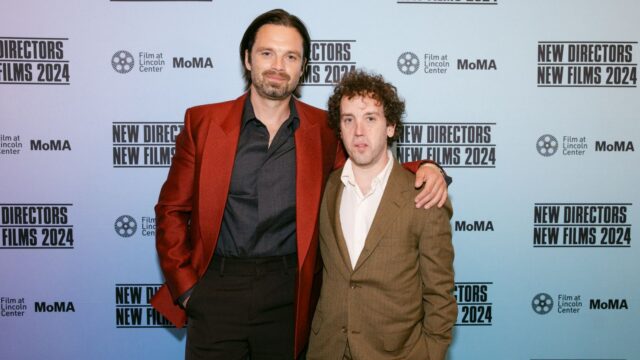A Brief History of Transmedia Worlds with Henry Jenkins
Keynote
Today’s films, television series, games, comics, novels, and even documentaries and journalism rely heavily on the concepts of world-building and world-mapping. The idea of the “fictional world” took roots in and around fantasy and science fiction in the first half of the 20th century, pushed forward by writers like L. Frank Baum and J.R.R. Tolkien, but it has gained greater and greater traction as transmedia production practices seek to disperse meaningful parts of an entertainment experience across multiple delivery platforms, as production designers exert much greater influence over the creative vision behind popular fictions, and as networks of fans seek to pool knowledge via social media. The concept of a fictional world enables certain kinds of immersive experiences, providing both authors and readers with the cognitive structures they need to deal with enormous complexity—stories with vast time scales and ensemble casts. They encourage a kind of encyclopedic relationship with what's presented on the screen, a relationship that may exist with the information being conveyed by a documentary, the nuances of historical fictions, or the sprawl of a genre franchise. In this talk, I will provide a conceptual map for understanding what we mean by “worlds,” what roles they are playing in the production and consumption of popular media, how thinking in terms of worlds involves a shift from more traditional focuses on character and narrative, and why this concept has gained such traction in an era of networked communication and transmedia entertainment. —Henry Jenkins
Henry Jenkins is the Provost's Professor of Communication Journalism and Cinematic Arts at USC’s Annenberg School for Communication and Journalism. He joined USC from the Massachusetts Institute of Technology, where he was Peter de Florez Professor in the Humanities. He is Principal Investigator on the Media Activism Participatory Politics project. His most recent books include Reading in a Participatory Culture: Remixing Moby-Dick in the Literature Classroom (with Wyn Kelley, Katie Clinton, Jenna McWilliams, Ricardo Pitts-Wiley, and Erin Reilly) and Spreadable Media: Creating Meaning and Value in a Networked Society (with Sam Ford and Joshua Green).







